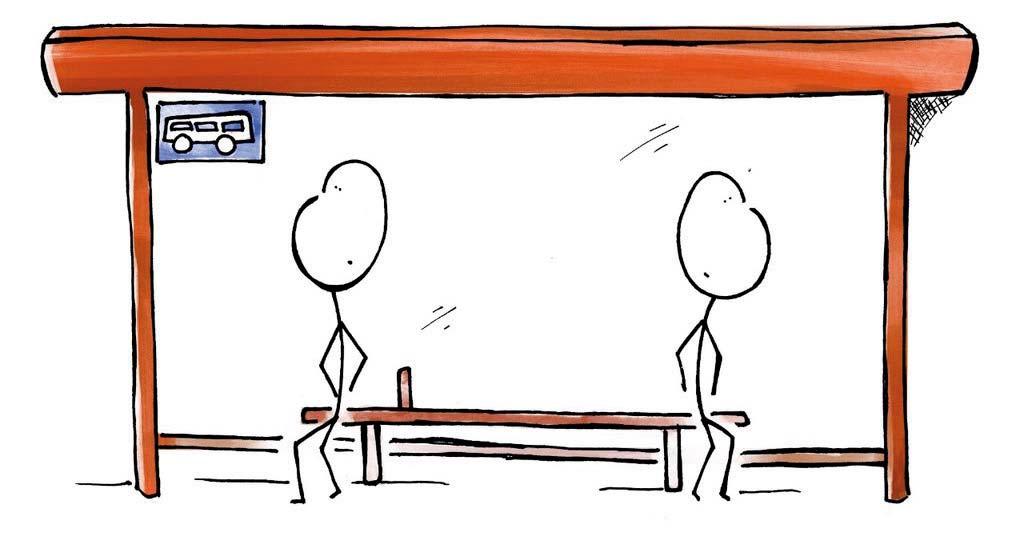Preaction Discuss how and why many vocational jobs have changed over the years?
Industry in the USA
ar
The USA has been an outstanding industrial power, and industry workers have been the foundation of American work life. After the Civil War, the country was transformed by the enormous growth of industry, and by 1900 it was a nation of growing cities, of coal and steel production, and of engines and fast communication. Henry Ford introduced the moving assembly line, which reduced the costs of production. Lower production costs made possible both higher wages for workers and lower prices for customers.
rd er
in
gs ek s
em pl
The aim of industry was often to see how cheaply the products could be made. In the end, the greatest industry of America, the auto industry, had to face the struggle of foreign competition. Some manufacturers did not make it, while others moved abroad to cut production costs. In their wake, new industry appeared, especially within new technology. These tech products range from airplanes to televisions, microchips to satellites, and microwaves to ultra-high-speed computers. However, these industries are highly automated and therefore need fewer workers than the traditional factories. Thus, the need for American workers in manufacturing has declined, and many people struggle to find work.
abroad utenlands/utanlands
Vu
outstanding enestående/eineståande transformed forvandlet/forvandla coal kull/kol steel stål assembly line samlebånd/samleband range strekker seg fra / strekkjer seg frå decline gått ned unallocate legge ned / leggje ned plant anlegg predominantly hovedsakelig/ hovudsakleg suffers from lider under / lid under blue-collar worker typisk håndverker / typisk handverkar
178
The United States of America
What happens to a factory town when the factory shuts down? One morning everything changed for Dave Green and his colleagues at a General Motors plant in Lordstown, Ohio. "Management walks in 15 minutes late ... and they say, ‘Hey, we’re going to unallocate the plant’ – that was it" remembers Green, president of Local 1112 of the United Auto Workers, which represents workers at a General Motors plant in Lordstown, Ohio (2019). The workers were not even sure what was meant by “unallocate”. Since 1966, the Lordstown plant had produced more than 16 million vehicles for General Motors, but suddenly the plant was shut down. The shutdown would ultimately cause the loss of nearly 8,000 jobs. For a small-town community, that is devastating.



































































